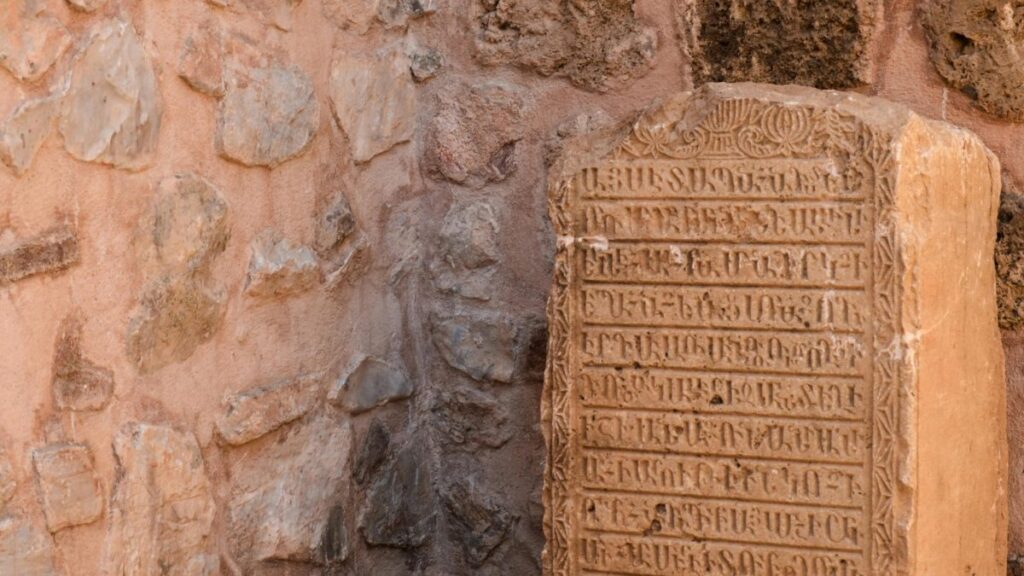A New Orleans family made an astonishing archaeological discovery while tidying their overgrown backyard a 1,900-year-old Roman gravestone that had been missing since World War II.
Under a tangle of weeds lay a marble slab inscribed in Latin with the haunting phrase “spirits of the dead.” The homeowners contacted Daniella Santoro, a Tulane University anthropologist, who immediately realized it was no ordinary artifact. Santoro reached out to classical archaeologist Susann Lusnia, who identified the tablet as the gravestone of a Roman sailor named Sextus Congenius Verus.
“When I first saw the image, it sent a shiver up my spine,” Lusnia said. “I was floored.”
Records showed that Verus died at age 42 after serving over two decades in the Roman imperial navy on a ship named after Asclepius, the Greco-Roman god of medicine. His gravestone described him as “well deserving” and was commissioned by his “heirs,” likely fellow sailors since Roman soldiers were barred from marriage at the time.
Originally discovered in the 1860s in Civitavecchia, Italy a coastal town northwest of Rome the tablet was cataloged in 1910 but later went missing from the National Archaeological Museum during World War II bombing raids. Lusnia confirmed that its dimensions matched the museum’s lost record exactly.
The mystery of how it reached Louisiana unraveled when Erin Scott O’Brien, a former resident of the home, recognized it from the news. She said her grandparents one Italian, one an American soldier stationed in Italy during the war had brought the marble home as a keepsake.
Now, the FBI and Italian authorities are coordinating to repatriate the artifact.
For Lusnia, the rediscovery ensures that Sextus Congenius Verus, a sailor long forgotten, will be remembered once more just as every Roman hoped to be.

